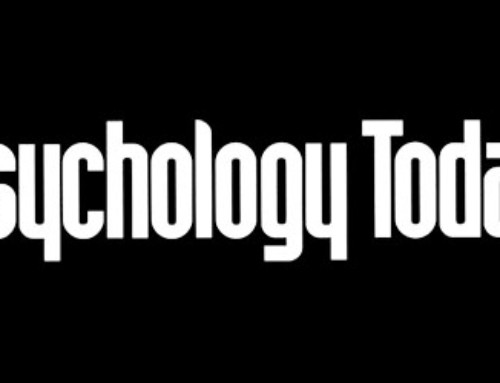As a culture, we are living in an age of digital and cultural reinvention. The world will look back upon the two decades before and after the millennium as a fascinating time to be alive, and we get to experience it firsthand. What’s driving the changes we’re all experiencing? The main factor is technology. Current technology can already process our experiences faster than we can think about them. Whether we welcome it or not, it’s unavoidable, and greater digital acceleration will happen.
All around us, the future is unevenly spread out in expanding digital cities, and dense pockets within these cities — and in other parts of the world, dollops of the future have been squeezed out more sparingly, in small towns and distant regions barely on the digital map.
Fluid Identities and Connecting to the Universe Next Door
Human identities change greatly over the course of a lifetime, and the near future asks us to reinvent ourselves many more times — with each reinvention based on a mixture of internal adaptations, individual desires, and external cultural forces.
Time travel or teleportation aren’t on the near horizon, but scientists are inching closer to finding proof of life on distant planets. While the theory of living in a multiverse, where other universes exist next door (unseen) and connect to our universe isn’t close to being proven, it is now in the cultural zeitgeist as a theory to consider. The TV program Fringe presented us with the challenges involved in having a funhouse mirror universe right next door, especially if your doppelganger had your face and your job. And of course, having a similar hair color, so it’s easy to dye-to-match, helps when one must take over another’s identity in an alternate universe.
Novelty, Fractal Patterns, and Quantum Physics
The exposure to moments of novelty will increase, until humans adapt to this ongoing pattern of hyper-contextualized-awareness. The world of hyper-meaning will become standard fare, and carrying on hyper-connected games and multi-sensory artistic experiences will become a part of one’s daily life. A segment of each day could be centered around connecting to the world of fractals and going on a hyper-dimension mini-vacation, which might be similar to taking a walk inside a Jackson Pollock or Willem de Kooning painting.
Computers will become more sensitive to modeling and finding patterns, and quantum computing will help people make the leap to connecting seemingly unrelated fields such as: poetry, economics, biology and politics. By getting closer to the experience of serendipity in computing and farther away from predictability, the easier it will become for the human mind to increase its understanding of complex systems.
Fully Immersed in a Gaming Universe
The gaming culture has become more interactive, more realistic, and will eventually become more fully immersive. One can easily picture gamers entering a pod (perhaps in the shape of the human form), or a room devoted exclusively to the world of the game. Advances in motion technology and voice capture will refine the multiple layers, lives, and selves one can inhabit and interact with inside the game.
The early 1990s dream of virtual reality was delayed, but it has stayed on track to becoming a reality by making gaming culture mainstream culture. When the military aims to recruit young people with superior hand-eye coordination and a sharp mind, they now search for able-bodied recruits who have spent countless hours merged with a gaming console, and find just the skills and high-tech adaptability required for facing life and death in situations that call for immediate decision-making capabilities, since this is the focal point of a vast majority of games.
The Point System Paints a Bull’s-eye on Your Heart
Have you been getting enough sleep lately? No? Sorry, that’s going to cost you some points. Had an orange and some whole grain cereal for breakfast? Points added. We’re on the verge of the health care industry meets Moneyball. And in the near future, your health statistic could be updated on a weekly or hourly basis, and payments on your monthly premium could fluctuate like the stock market.
An unhealthy lifestyle will affect the points you accumulate, and if your numbers fall below a set level, you could be dropped off the charts, as far as major health insurance providers are concerned. Forget Powerball, the real lottery system will be your ability to pay for a ticket to get in and stay in to a health care system that truly has your best interests at heart, as long as you subscribe to a heart-healthy diet.




